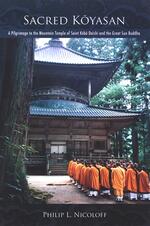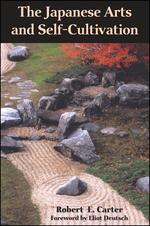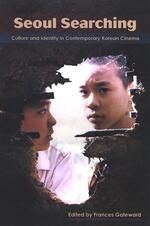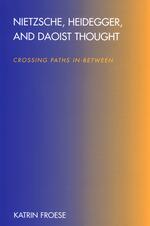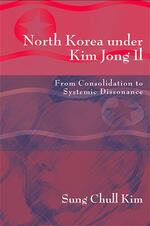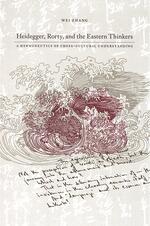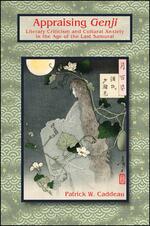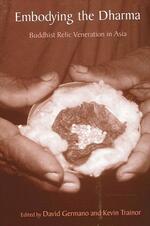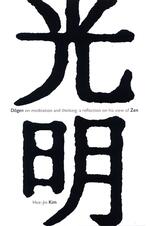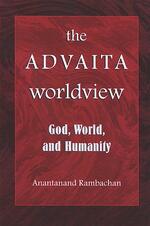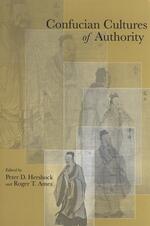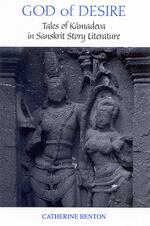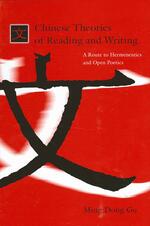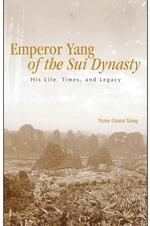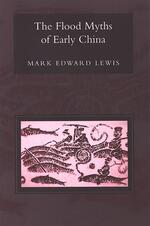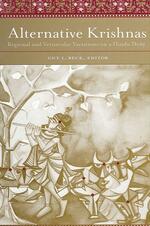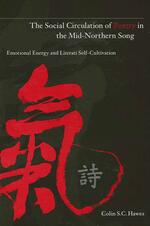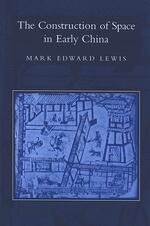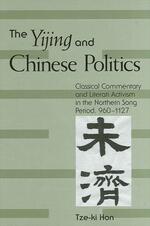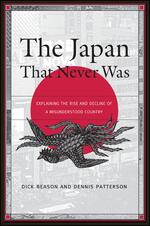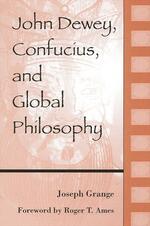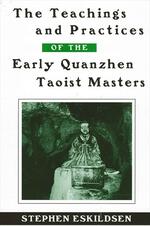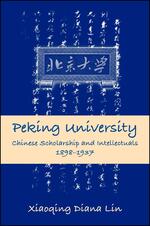Asian Studies
Sacred Kōyasan
Takes the reader on a pilgrimage to Mount Kōya, the holy Buddhist mountain in Japan.
The Japanese Arts and Self-Cultivation
Explores how spiritual values are learned and mind and body developed through the practice of the Japanese arts.
Seoul Searching
Korean cinema as industry, art form, and cultural product.
Nietzsche, Heidegger, and Daoist Thought
This work of comparative philosophy envisions a cosmological whole that celebrates difference.
North Korea under Kim Jong Il
Examines internal changes in North Korea under the expanding rule of Kim Jong Il.
Heidegger, Rorty, and the Eastern Thinkers
Explores the cross-cultural endeavors of Rorty and Heidegger, particularly how this work addresses the possibilities of comparative philosophy itself.
Stairway to Heaven
A consideration of China’s Mount Emei, long important in Chinese culture and history and of particular significance to Buddhists.
Appraising Genji
Murasaki Shikibu’s eleventh-century Tale of Genji is the most revered work of fiction in Japan. This book explores Genji’s reception over the years and its place in Japanese culture.
Embodying the Dharma
Examines the practice of relic veneration in a variety of forms of Buddhism.
Dōgen on Meditation and Thinking
Looks at Dōgen’s writings on meditation and thinking.
Buddha in Sri Lanka
Combining memoir, history, and present-day narrative, this book describes how Buddhism is lived in Sri Lanka.
The Advaita Worldview
A new interpretation of Hindu tradition focusing on the nature of God, the value of the world, and the meaning of liberation.
Confucian Cultures of Authority
Explores a wide range of Confucian-based cultures of authority in China.
God of Desire
Presents Kamadeva, the Hindu god of desire, in tales, art, and ritual. Also covers Kamadeva's appearance in Buddhist lore.
Chinese Theories of Reading and Writing
A groundbreaking work that uncovers an implicit system of hermeneutics in traditional Chinese thought and aesthetics.
Emperor Yang of the Sui Dynasty
A reappraisal of Emperor Yang of the Sui dynasty, finding that his legacy provided the foundation for the celebrated civilization of the Tang dynasty.
The Flood Myths of Early China
Explores how the flood myths of early China provided a template for that society’s major social and political institutions.
Alternative Krishnas
Going beyond the standard depictions of Krishna in the epics, this book uses regional and vernacular sources to present a wide range of Krishna traditions.
The Social Circulation of Poetry in the Mid-Northern Song
Explores how literati of China’s mid-Northern Song period developed a social and therapeutic tradition in poetry. Includes a number of translations of the witty poems of the period.
The Construction of Space in Early China
Shows how the emerging Chinese empire purposely reconceived but was also constrained by basic spatial units such as the body, the household, the region, and the world.
The Yijing and Chinese Politics
Discusses interpretations of the Yijing (the I Ching or Book of Changes) during the Northern Song period and how these illuminate the momentous changes in Chinese society during this era.
The Japan That Never Was
Contests conventional wisdom on Japan's postwar economic success and its economic and political problems in the 1990s, providing a new account of these conditions.
John Dewey, Confucius, and Global Philosophy
Bringing together the philosophies of John Dewey and Confucius, this work illustrates a means for cultural interaction and provides a model of global philosophy.
The Teachings and Practices of the Early Quanzhen Taoist Masters
Explores the religion developed by the Quanzhen Taoists, who sought to cultivate the mind not only through seated meditation, but also throughout the daily activities of life.
Peking University
Discusses the first decades of Peking University and its role in shaping Chinese intellectual culture.
